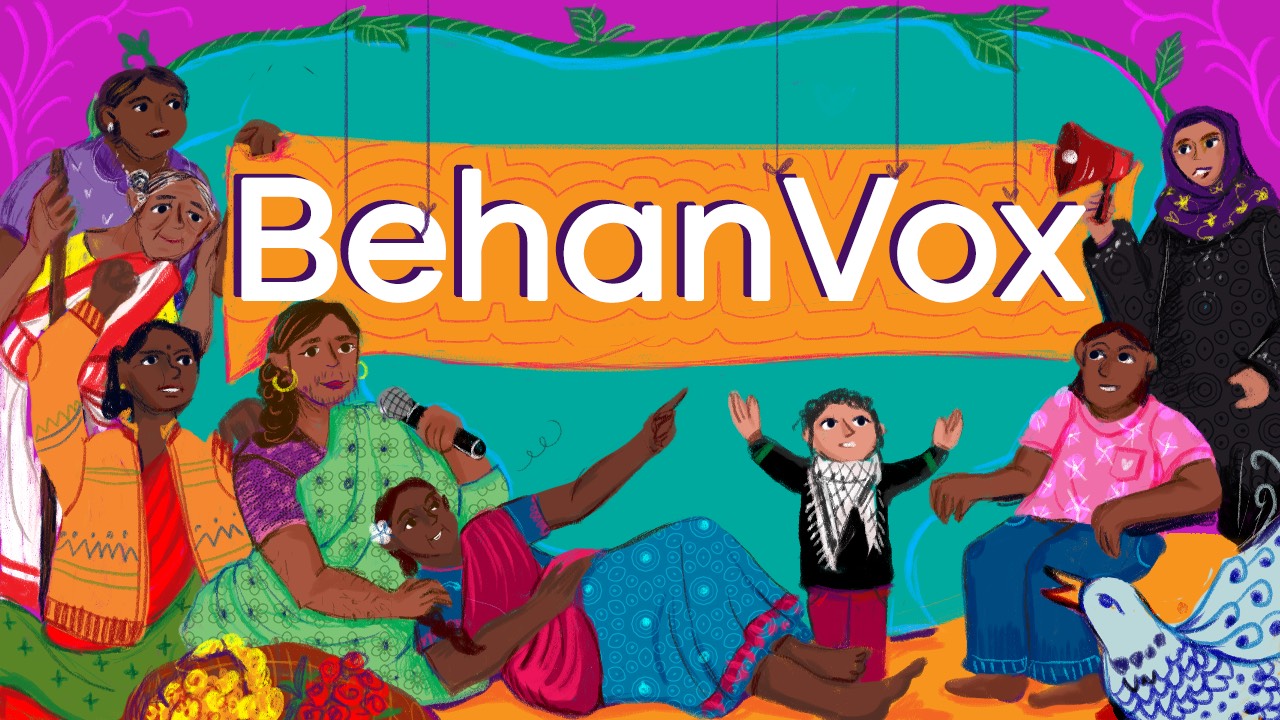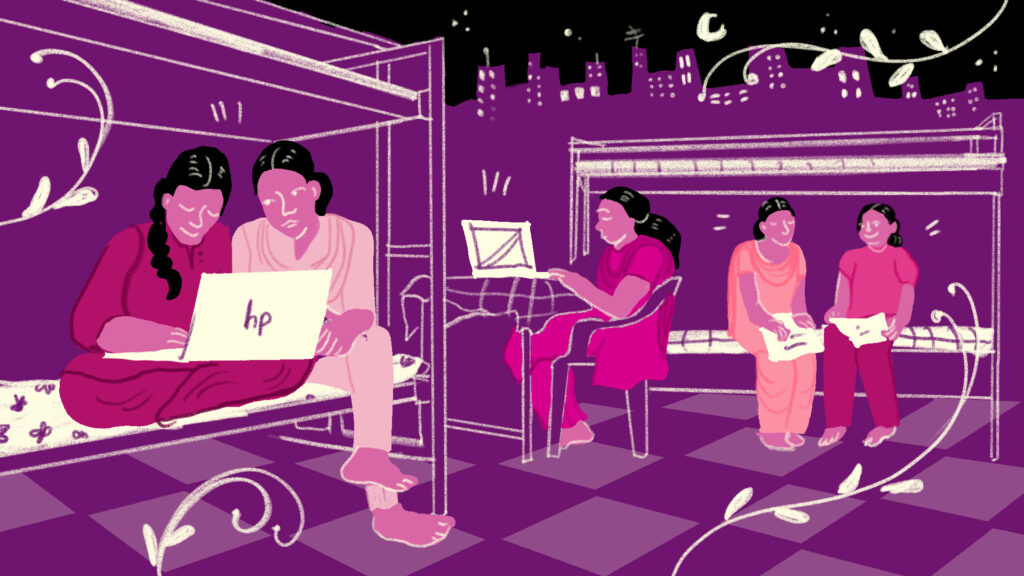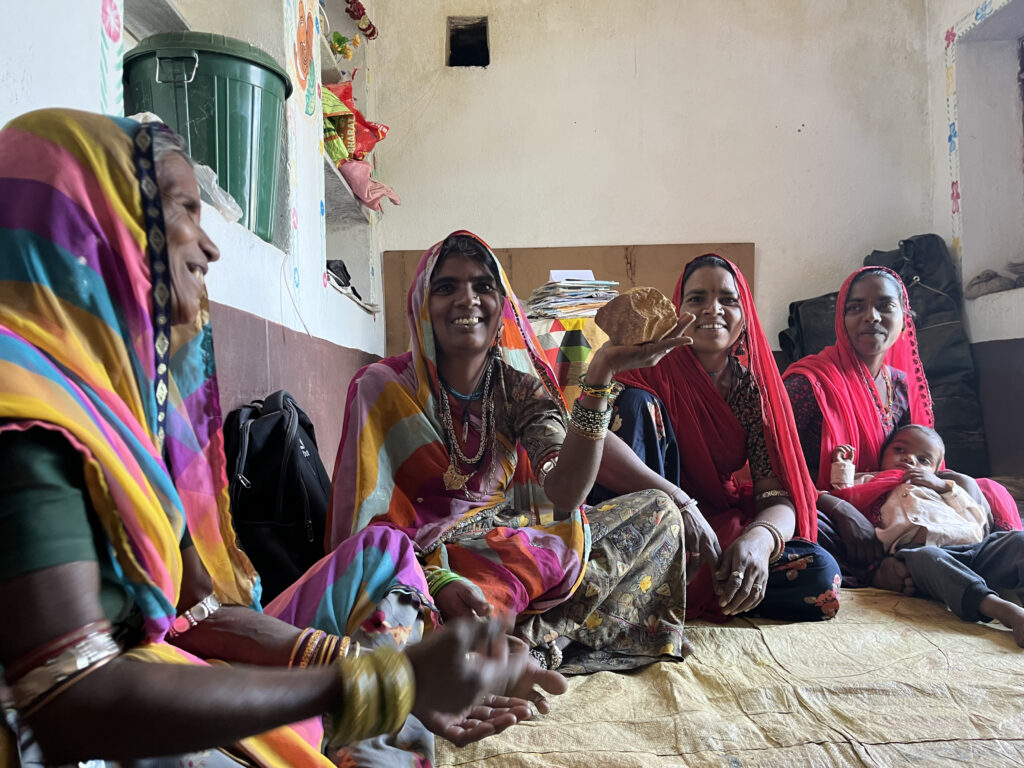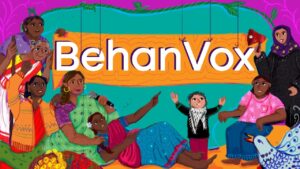[Readmelater]
BehanVox: Inside Tamil Nadu’s Thozhi Working Women’s Hostels
This week in BehanVox: A photo story of natural farming practices of Bhil women, spaceflight packed with celebrity women, celluloid battle over 'Phule', and more
Support BehanBox
We believe everyone deserves equal access to accurate news. Support from our readers enables us to keep our journalism open and free for everyone, all over the world.






